Our Services…
Our experienced speech, physical, and occupational therapists have a passion for the children on their caseloads and strive for excellence in their respective fields. As we know each child is unique, our team of therapist’s will work to ensure each treatment plan is unique! We will strive to meet your child’s needs and educate you on ways to carryover strategies at home as well.
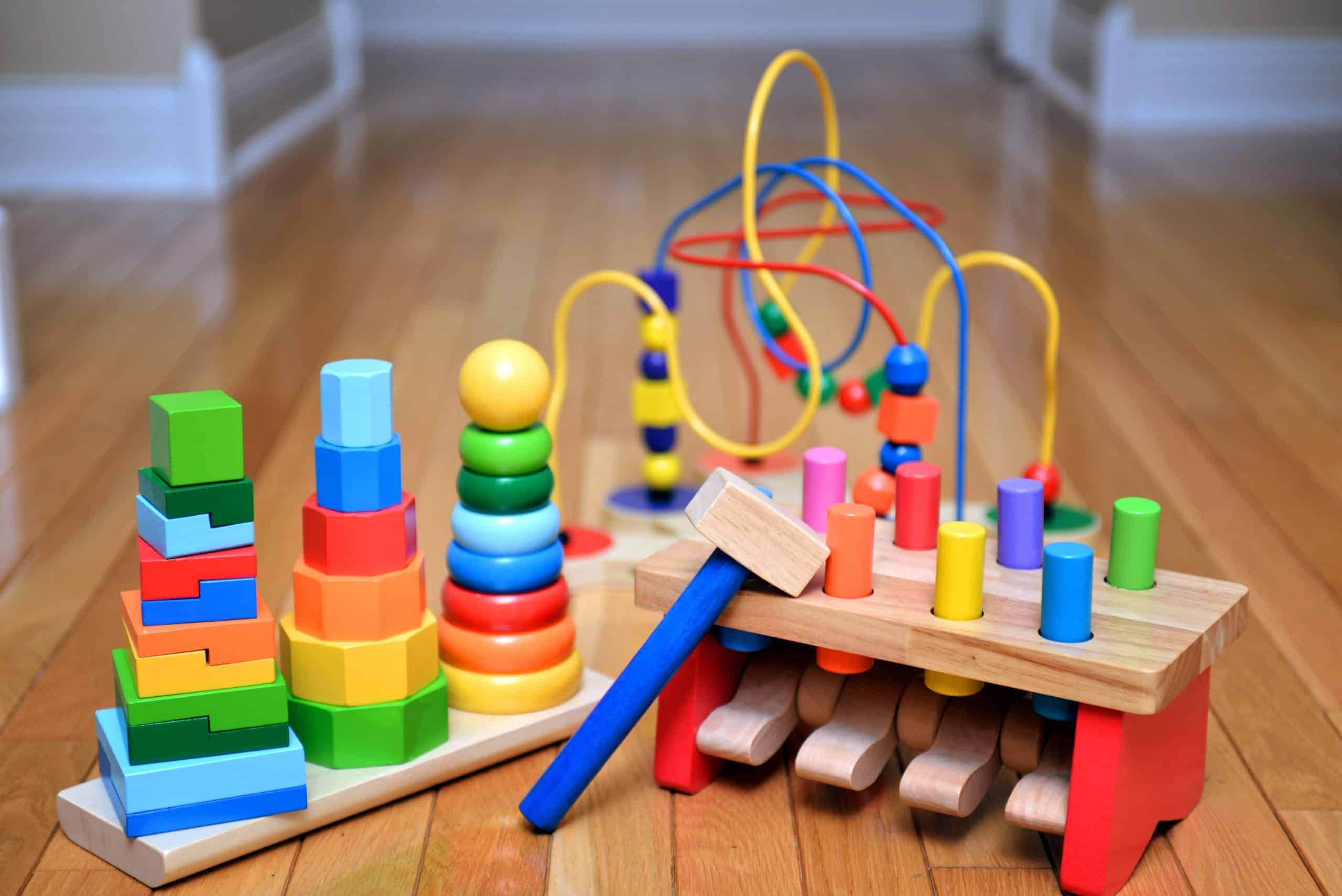
Speech Therapy

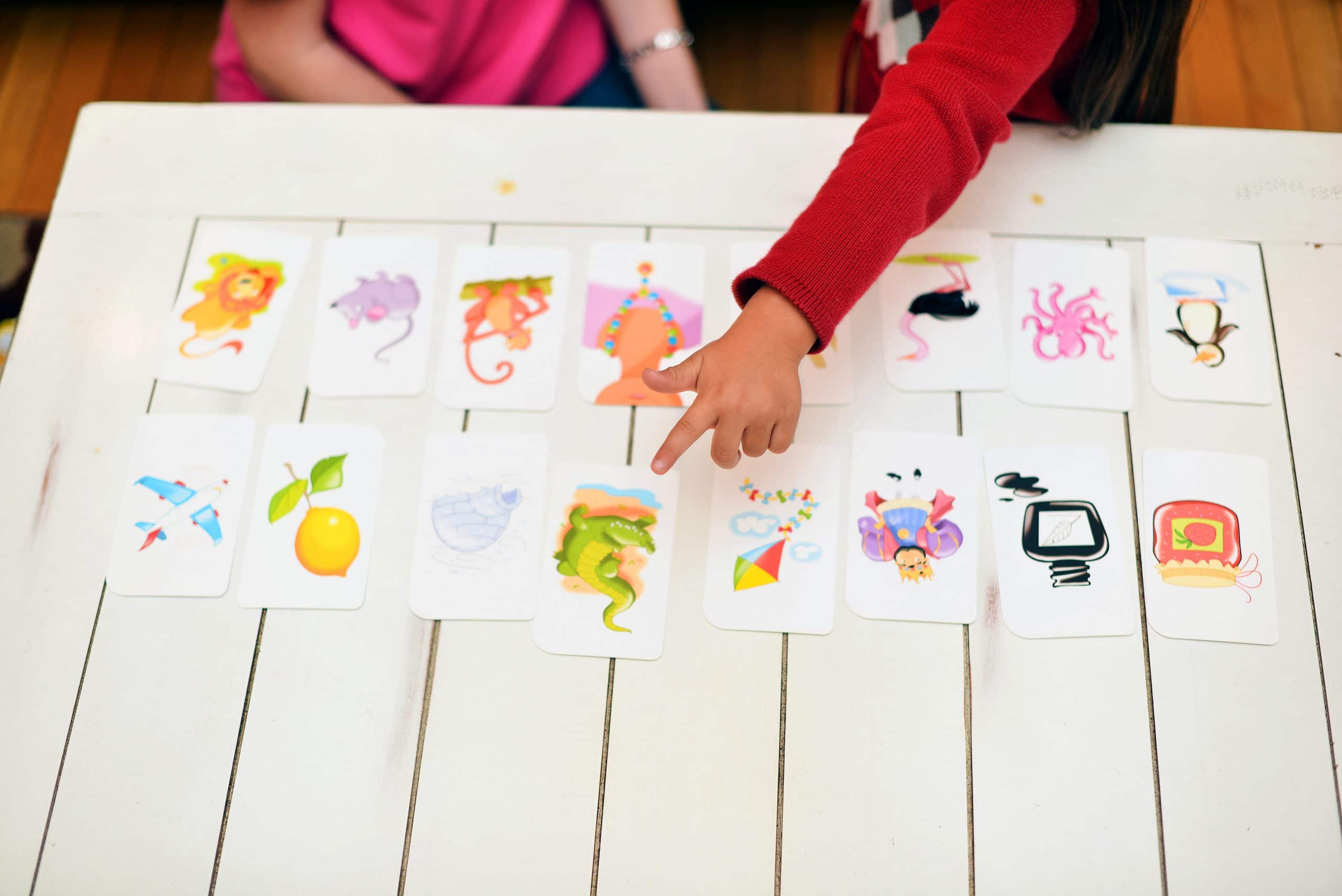

- Apraxia of speech — a disorder causing limited and difficulty speech
- Articulation and phonological disorders — cause difficulty producing sounds
- Auditory processing disorders
- Autism spectrum disorders — can cause difficulties with social communication and behavior
- Cognitive and attention impairments
- Craniofacial abnormalities — includes cleft lip and palate
- Delayed speech milestones
- Difficulty with reading, writing, spelling
- Feeding
- Fluency disorders — such as stuttering
- Genetic syndromes — such as Down syndrome (which can cause developmental and intellectual delays)
- Hearing impairments
- Listening skills
- Neurological disorders — includes cerebral palsy, stroke and traumatic brain injury
- Reasoning and memory skills
- Receptive and expressive language disorders
- Social pragmatic communication disorders
Physical Therapy
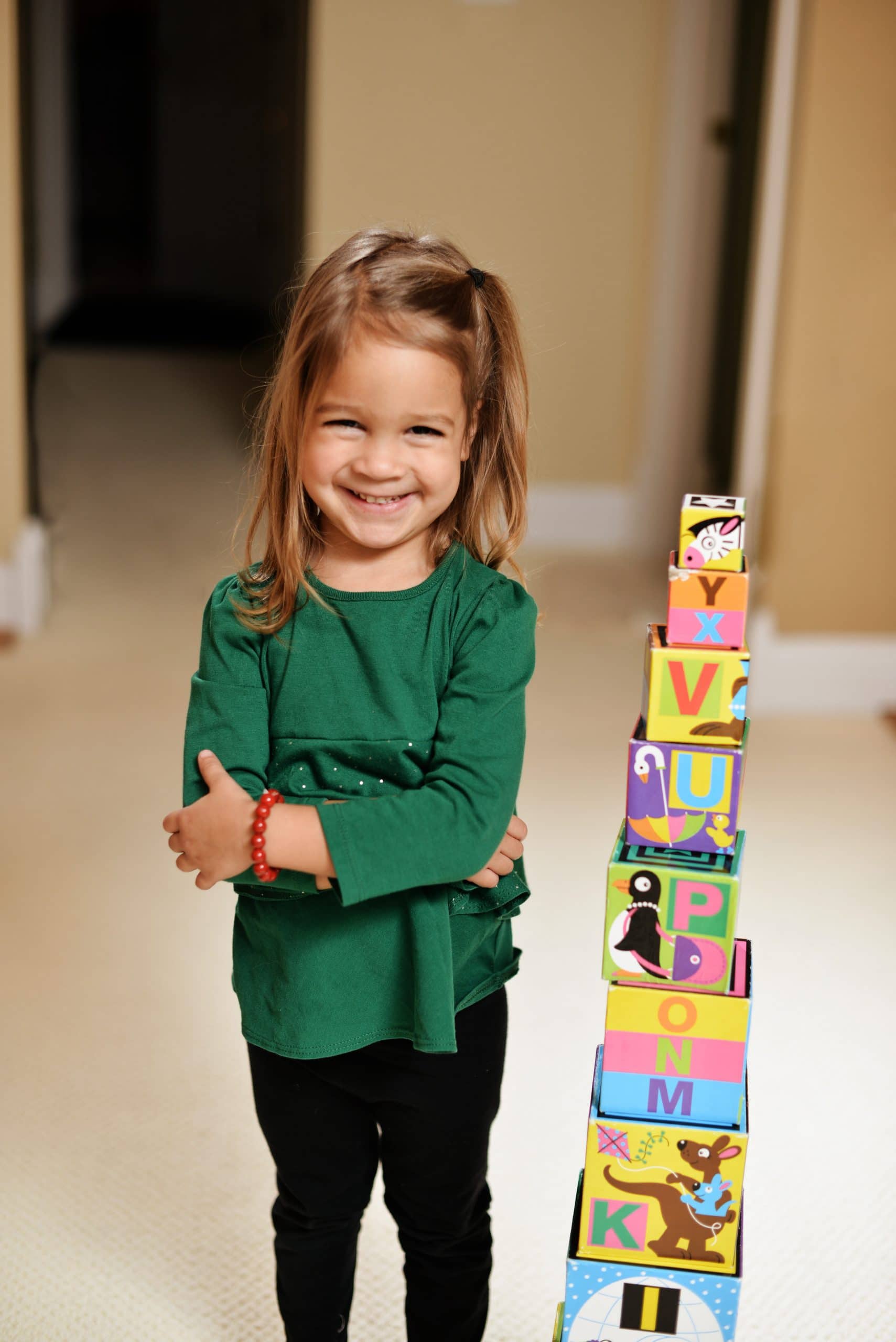
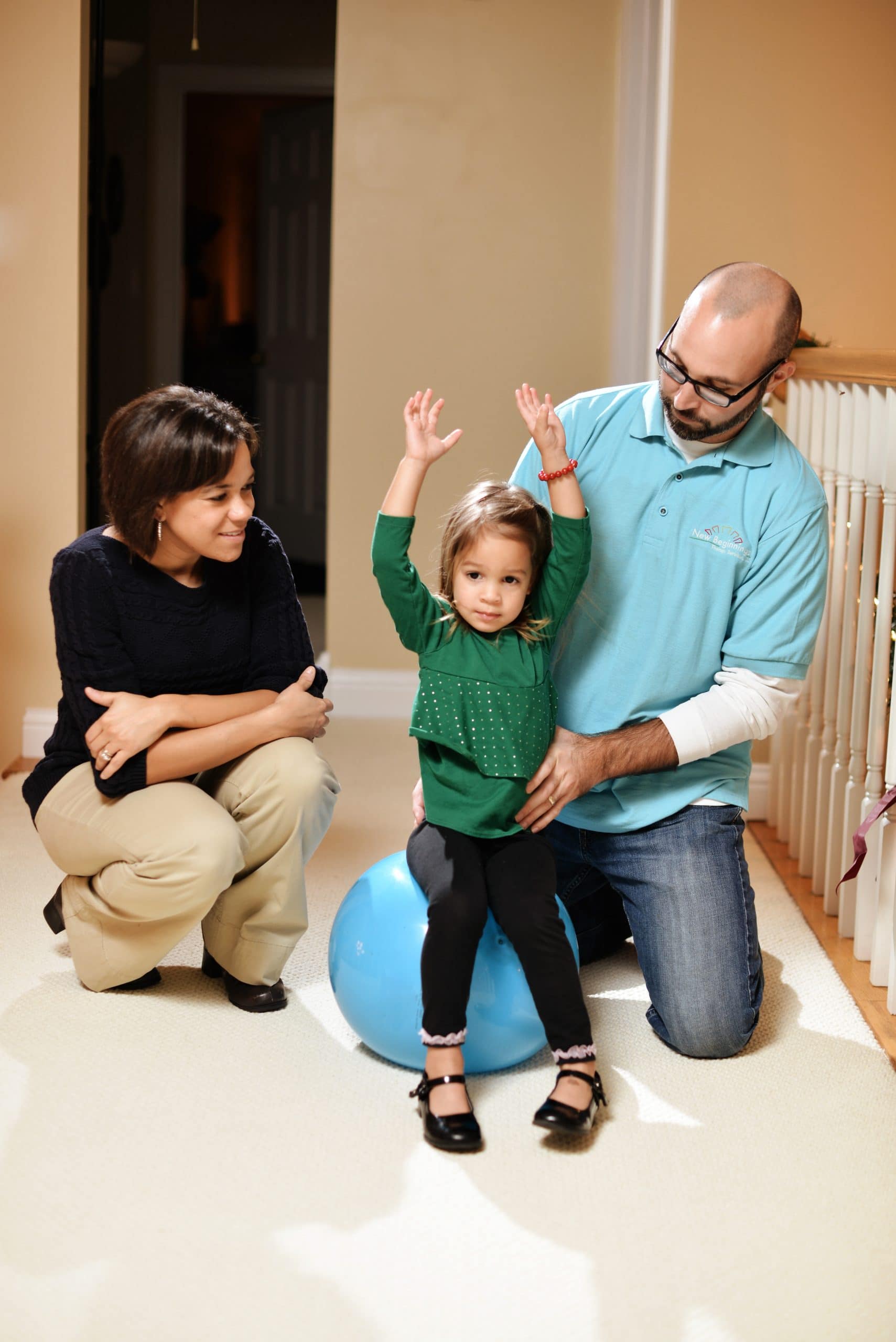
- Brain trauma and injuries
- Cerebral palsy — a disorder affecting a child’s muscle tone, movement or posture
- Developmental delays
- General orthopedic — injuries to the bones, joints, ligaments, tendons and muscles
- Genetic syndromes — Down syndrome (which can cause developmental and intellectual delays) and muscular dystrophy (which can impact muscle mass and strength)
- Gross motor skills — deficits including muscle strength, coordination and balance
- Headaches
- Hypertonia or hypotonia — abnormally high or weak muscle tone, respectively
- Muscle weakness- bilaterally or unilaterally
- Post-concussion symptoms — headaches, dizziness and ringing in the ears
- Post-fracture care
- Spina bifida — a birth defect affecting the spinal cord
- Sports-related pain or poor posture
- Sprains and strains
- Torticollis — a condition causing the head to twist to one side
Occupational Therapy
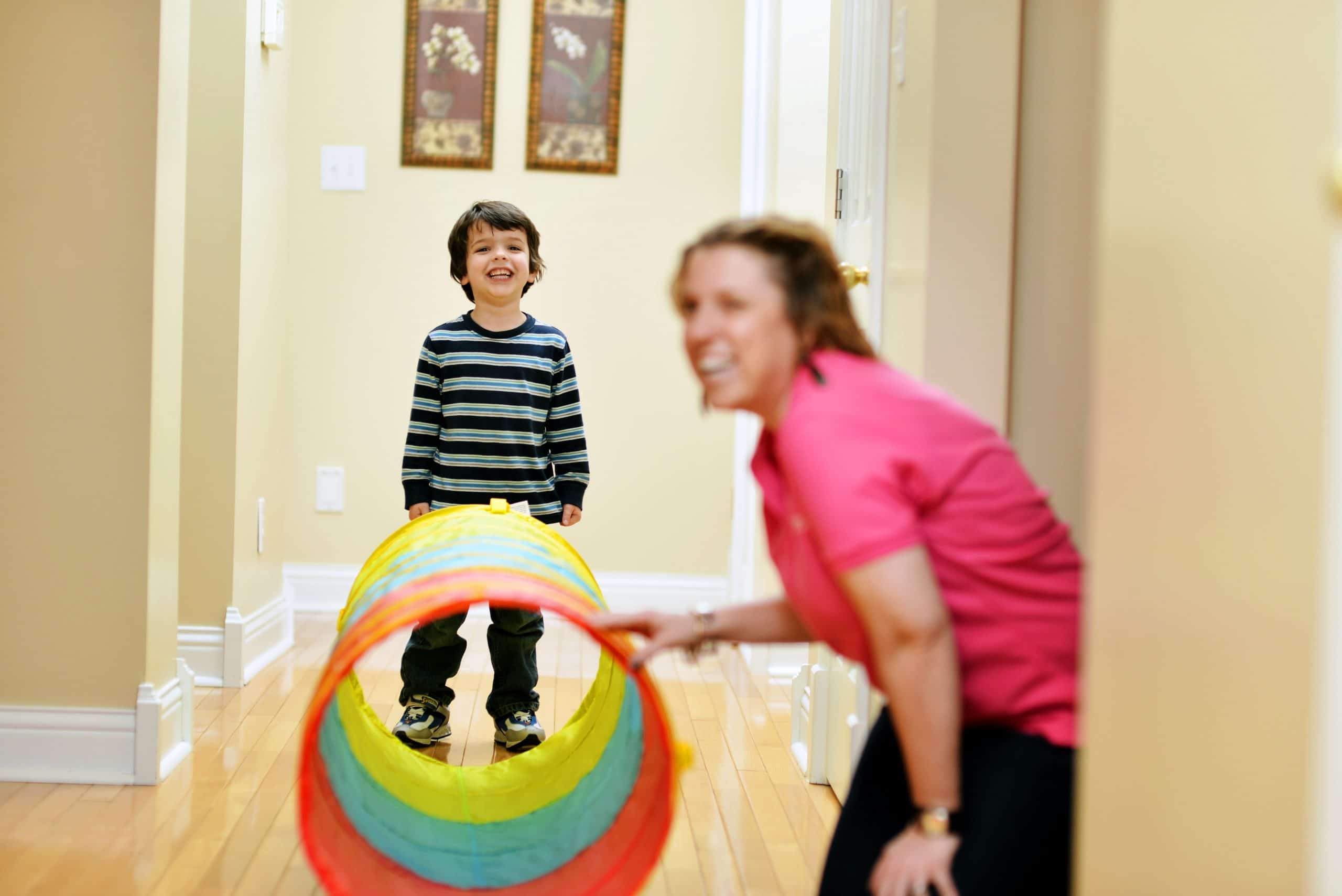
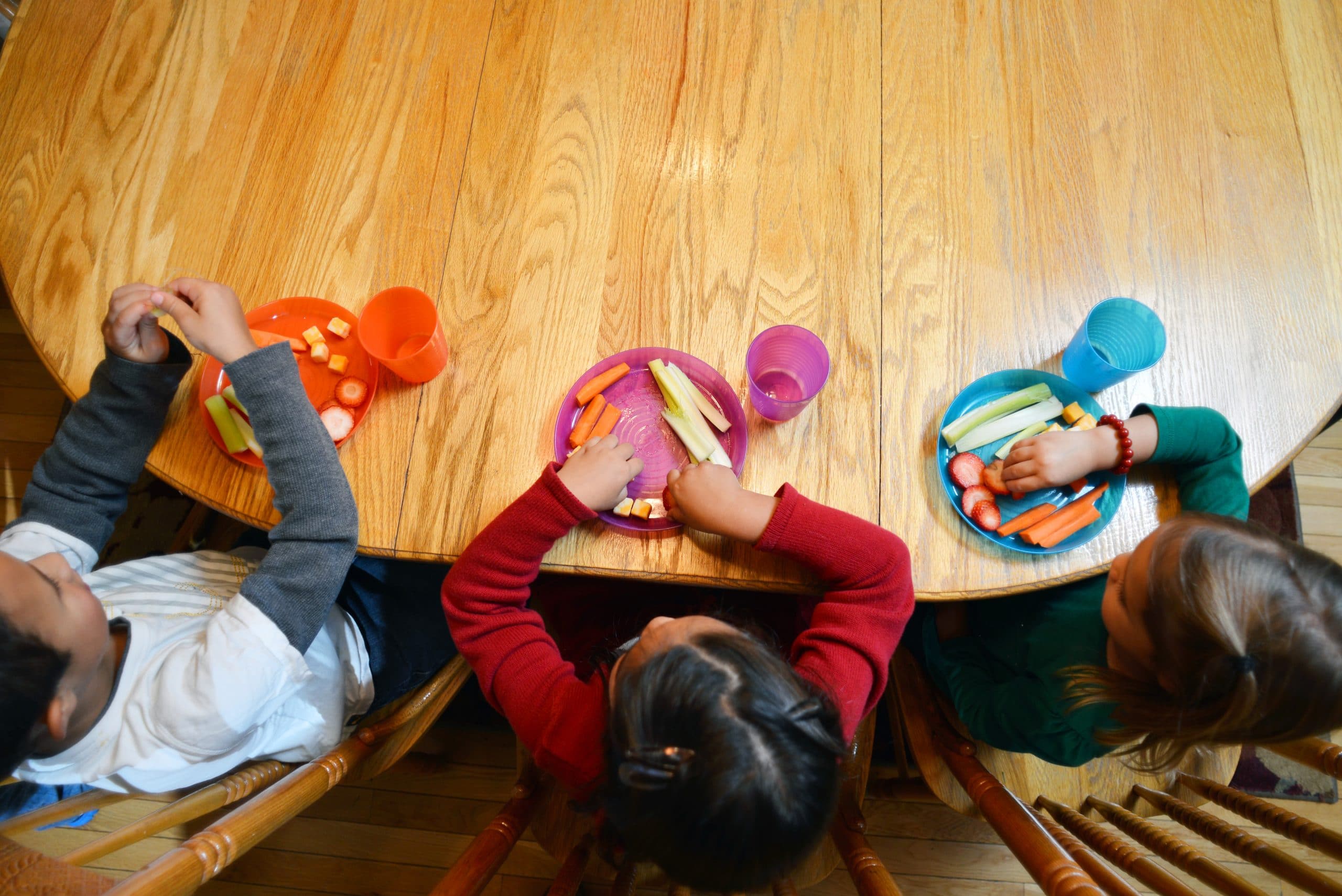
- Attention deficit disorders — can cause difficulties with behavior such as focusing, following instruction and completing tasks
- Autism spectrum disorders — can cause difficulties with social communication and behavior
- Cerebral palsy — a disorder affecting a child’s muscle tone, movement or posture
- Feeding
- Fine motor skill delays — includes using pencils, puzzles and dressing
- Genetic syndromes — Down syndrome (which can cause developmental and intellectual delays) and muscular dystrophy (which can impact muscle mass and strength)
- Handwriting
- Oral aversion and feeding skills
- Orthotic and adaptive equipment
- Poor posture and body mechanics
- Sensory processing disorders and self-regulation
- Upper extremity strength and endurance
